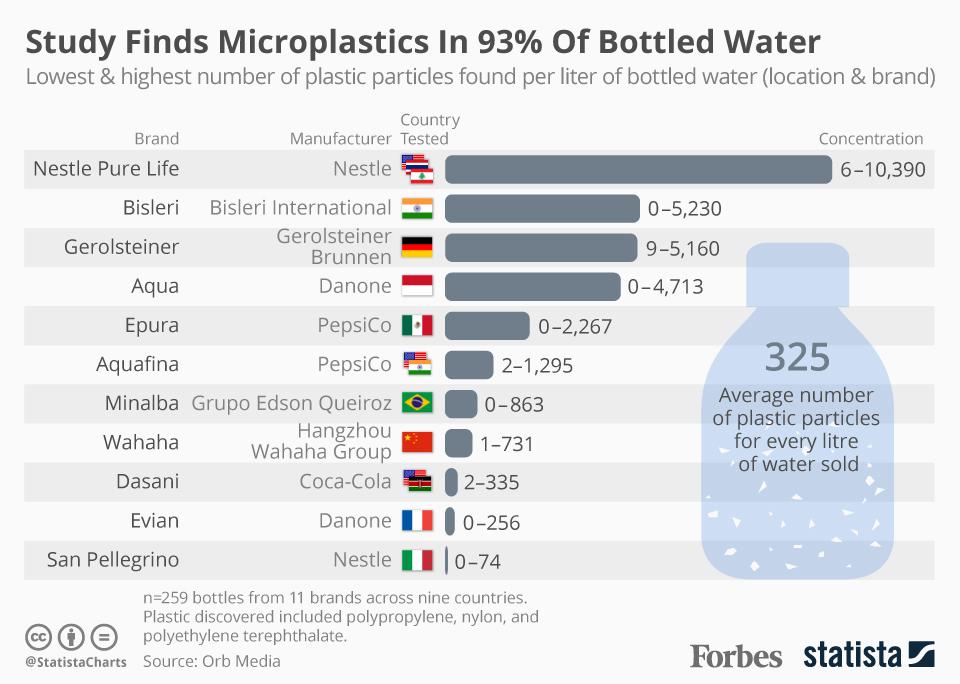Is Bottled Water Really Safer? What You're Not Being Told
Discover the hidden truth about bottled water safety and learn how to make safer choices for your health

We've been sold the idea that bottled water is cleaner, safer, and purer than what comes out of the tap. It's packaged to look crisp, clear, and refreshing - often with mountains or springs in the background.
But behind the marketing, there's a growing body of research suggesting that bottled water might not be as safe as it seems. In fact, some bottled water may be one of the most contaminated sources of all.
The Truth About Bottled Water
Microplastics in Your Drink
A study by the World Health Organization found microplastics in 93% of bottled water samples tested globally. These are tiny plastic particles that can originate from the bottle itself, the cap, or the bottling process.
Once ingested, microplastics don't just pass through your system - they've been found in human blood, lungs, and even the placenta. Their long-term effects are still being studied, but early findings link them to inflammation, hormonal disruption, and other health risks.
Heat + Time = Chemical Soup
Plastic isn't inert. When bottles sit in warm cars, on sunny shelves, or in storage for long periods, the plastic can leach chemicals into the water - including BPA, phthalates, and antimony, all of which are linked to health risks ranging from reproductive issues to cancer.
You can't taste or smell these chemicals - but your body absorbs them.
PFAS: The Forever Chemicals
Some bottled waters have been found to contain PFAS - a class of synthetic chemicals known as "forever chemicals" because they don't break down in the body or environment. PFAS exposure is linked to immune system suppression, thyroid problems, and increased cancer risk.
Many popular bottled water brands have tested positive for PFAS, especially those labeled as purified or processed through reverse osmosis.
Less Regulation Than You Think
Tap water is tightly regulated in most developed countries. In contrast, bottled water regulation is often weaker, especially when it's classified as a food product. In the UK and US, bottled water can be subject to different - and sometimes less frequent - testing than your local tap.
So… What Should You Do?
We get it - bottled water is convenient, and it feels safer. But if your goal is health and transparency, it might be time to rethink that bottle.
Tips to reduce your exposure:
- Use a reusable water bottle made from stainless steel or glass
- Invest in a high-quality water filter for your tap
- Don't drink water from plastic bottles that have been exposed to heat
- Look for brands that publish third-party test results
- And most importantly: check before you sip
Get the Facts With TraceWell
TraceWell helps you cut through the noise. Our AI-powered app lets you explore the hidden health data behind products - from bottled water to protein powders to your local tap supply.
Don't rely on marketing. Rely on real data.
Check your water. Know your product. Protect your health.
Ready to Make Safer Choices?
Join TraceWell to monitor your water, uncover hidden contaminants, and get smarter health recommendations - so you can make safer choices every day.
Sign Up for Free